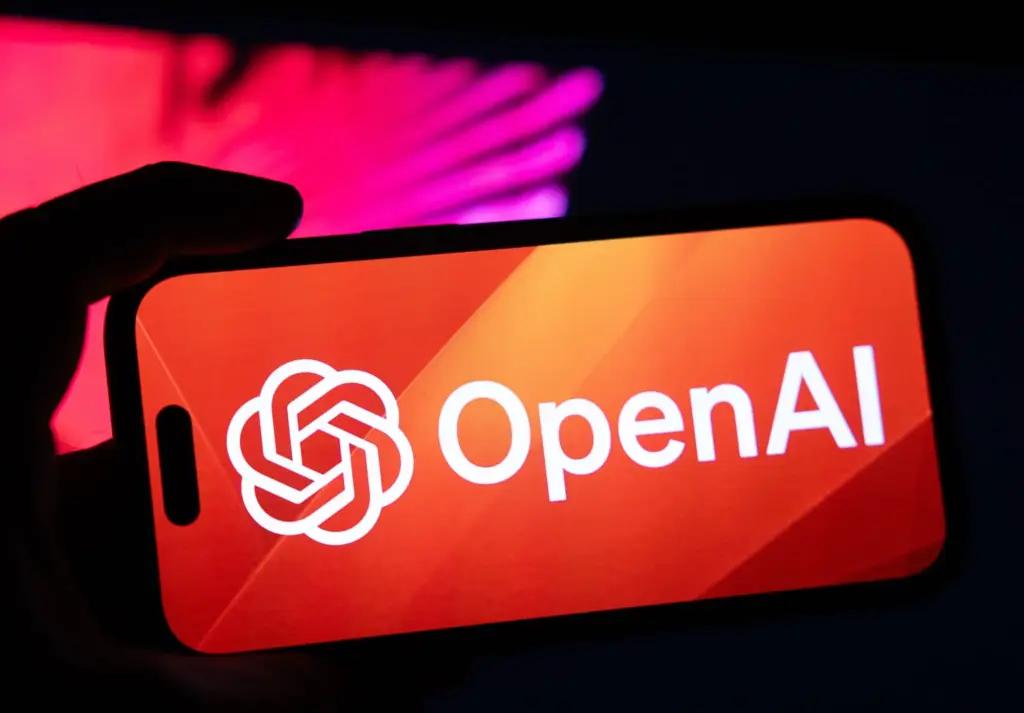On Friday, a group of Canadian news and media companies sued OpenAI, saying that the company that made ChatGPT had violated their copyrights and unfairly gained money at their cost
The Toronto Star, the Canadian Broadcasting Corporation, the Globe and Mail, and other media outlets are suing OpenAI. They aim to obtain monetary compensation and prevent OpenAI from utilizing their work in any other manner.
What the news companies said was that OpenAI trained the big language models that power ChatGPT with material scraped from their websites. This content was “the product of immense time, effort, and cost on behalf of the news media companies and their journalists, editors, and staff.”
In their lawsuit, the companies said, “Rather than trying to get the information legally, OpenAI has chosen to blatantly steal the news media companies’ valuable intellectual property and use it for its own purposes, including commercial purposes, without permission or payment.”

The New York Times, The New York Daily News, YouTube creators, writers, and even comedian Sarah Silverman are suing OpenAI for copyright violations.
Publishers like The Associated Press, Axel Springer, and Le Monde have licensing deals with OpenAI. However, the companies that filed the new suit said they have “never received from OpenAI any form of consideration, including payment, in exchange for OpenAI’s use of their works.”
In a statement, OpenAI said that “hundreds of millions of people around the world” use ChatGPT to “improve their daily lives, inspire creativity, and solve hard problems.” They also said that the software’s models are “trained on publicly available data, grounded in fair use and related international copyright principles that are fair for creators and support innovation.”
The spokesperson stated, “We closely collaborate with news publishers to ensure the display, attribution, and linking of their content in ChatGPT search.” “We also make it easy for them to opt out if they want to.”
Not long ago, the Tow Center for Digital Journalism at Columbia University released a study that said, “No publisher, regardless of degree of affiliation with OpenAI, was spared inaccurate representations of its content in ChatGPT.” This new lawsuit comes soon after that study.
